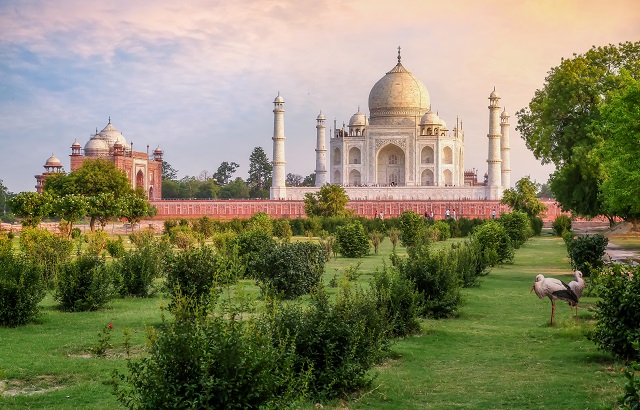Global pandemic deaths tragically passed the one million mark this week, 10 months after the dangers of covid-19 were first realised.
Of those death, nearly 98,000 have occurred in India; which sits third in the world in terms of casualties, behind Brazil (143,010) and the United States (210,814), as of the end of September.
In terms of cases, however, it leapfrogs Brazil into second place.
But the numbers don’t tell the whole story and Ramesh Mantri, investment adviser to the Ashoka India Equity investment trust, believes there is still a case to be made.
Multiple perspectives
Looking purely at the numbers from a cases and deaths perspective gives rise to false conclusions.
Given India’s population size, it is reasonable to expect that it would be among the worst affected.
But where it is beating both Brazil and the US, is in terms of the recovery rate.
Nearly 5.2 million Indians have officially recovered from coronavirus; compared with 4.6 million in the US and 4.1 million in Brazil.
Also, in terms of cases per million of the population, it is streets ahead of the other two countries – both of which have roughly 22,400 cases compared with 4,506 in India.
Similarly, with deaths per million, it has recorded 71 fatalities against 636 in the US and 672 in Brazil.
Investment outlook
“We acknowledge that significant uncertainty still exists for the economy and the market, but we remain cautiously optimistic on the long-term investment opportunities that India presents,” Mantri said.
“In our base case scenario, we believe either herd immunity will be achieved in India in the next six to 12 months or a vaccine will become widely available and administered in the latter part of next year.”
He added: “We do not expect a re-imposition of any large-scale lockdowns, instead we believe the Indian government will continue to take steps to revive economic growth.
“We further hope to see robust implementation of the recently-announced agricultural and labour reforms.”
He also flagged the country’s dependence on oil imports and the drop in price.
“At current levels, with Brent crude prices of around $40/bbl, we expect India to save approximately $30bn (£23.3bn, €25.6bn) annually, and consequently, the current account deficit is expected to turn positive.”
Mantri’s comment came as the Ashoka India Equity investment trust reported that it had outperformed its benchmark and the closed-ended peer group for the second year.
He attributed the performance to three stocks within the portfolio; speciality chemical company Navin Fluorine; Nestle India; and gold loan finance company Muthoot Finance.








